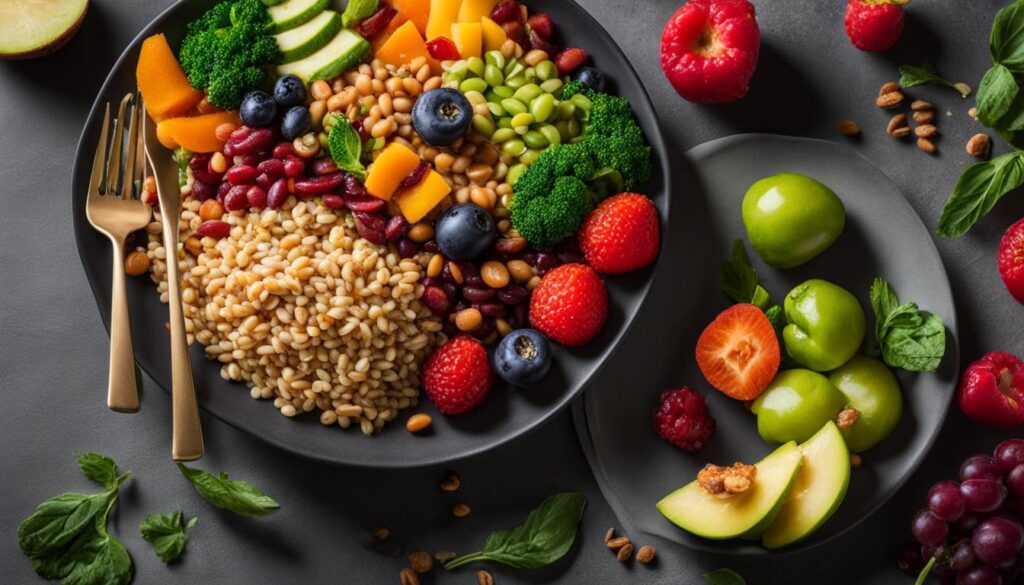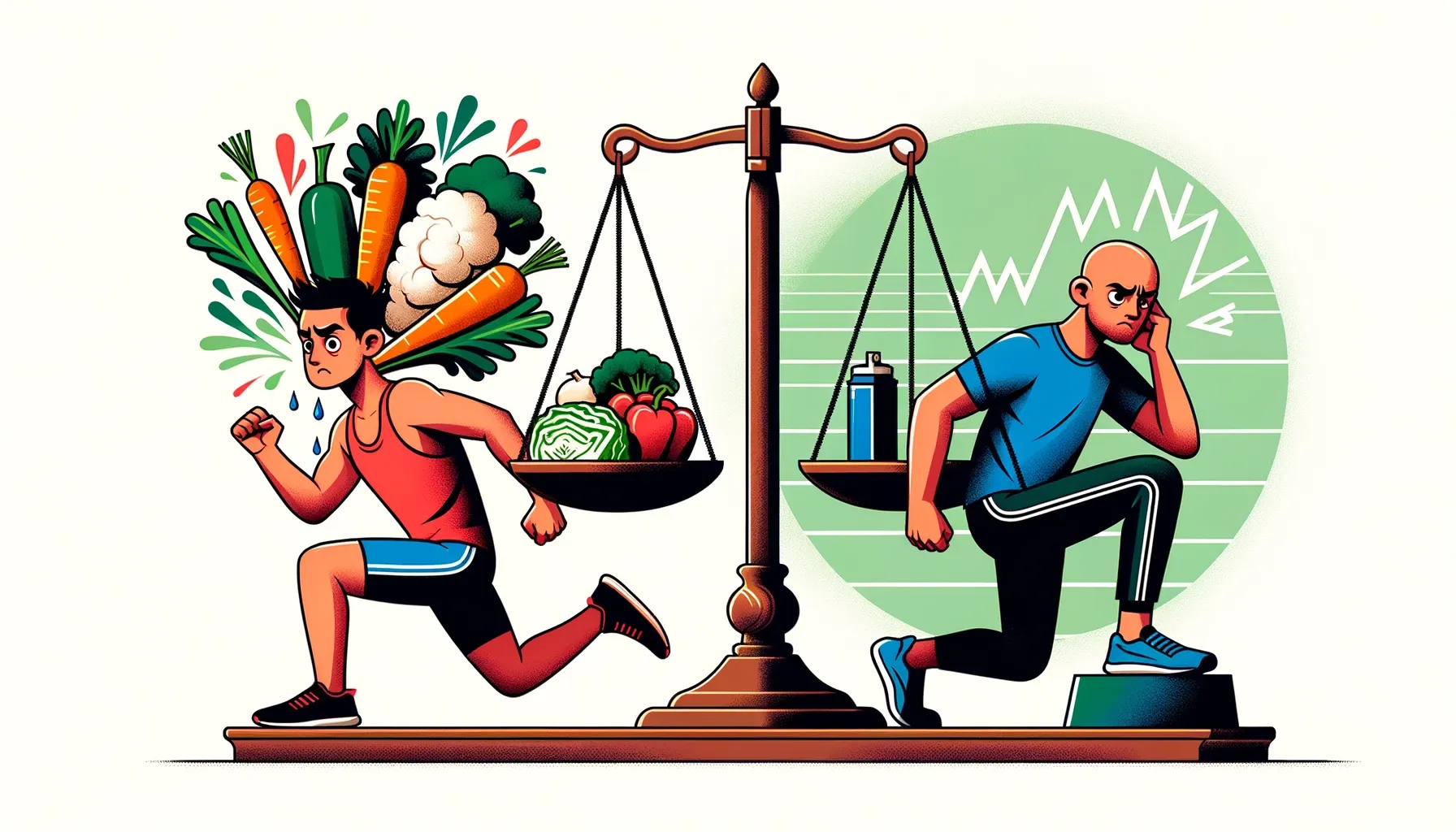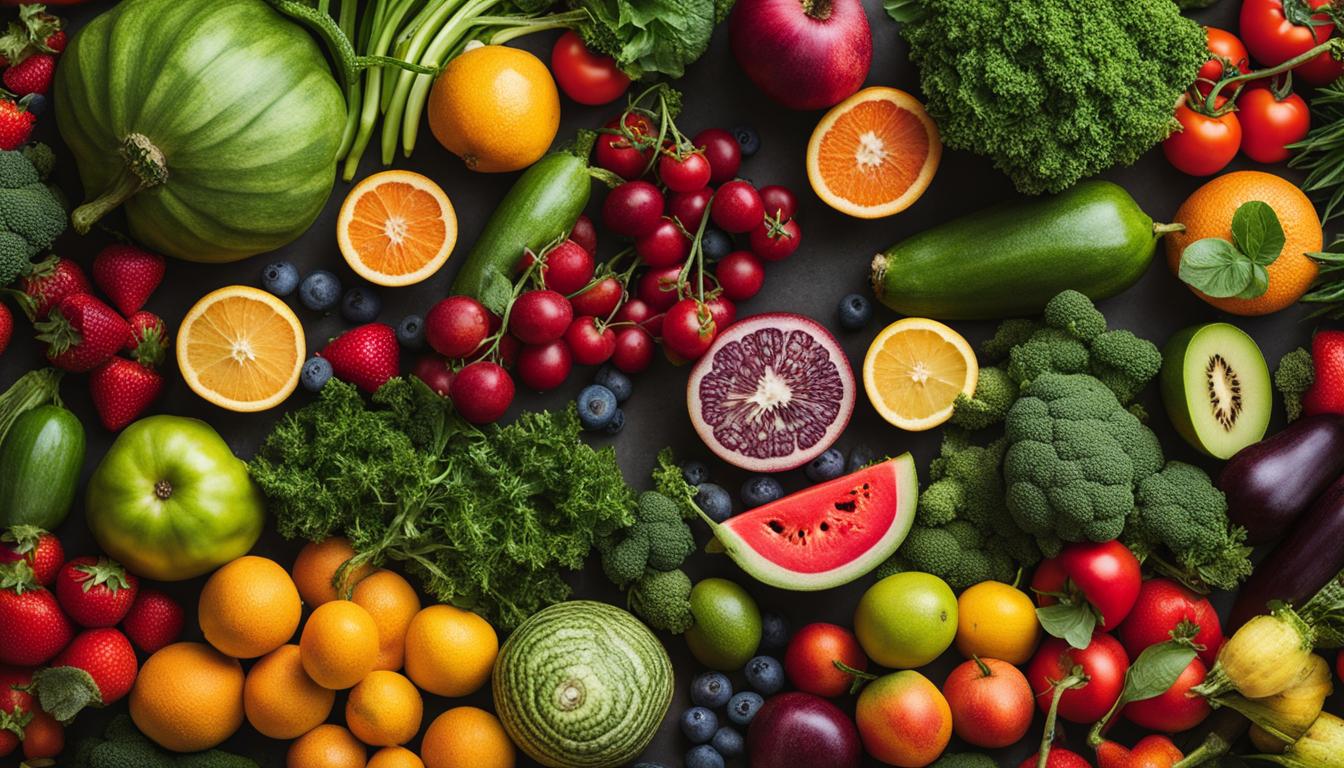Embracing Plant-Based Living: A Guide to the Transition and Benefits
Transitioning to a plant-based diet is a transformative step towards a healthier, more sustainable lifestyle. By embracing plant-based living, you can not only improve your own health but also contribute to animal welfare and reduce your ecological footprint. Focusing on whole foods from plant sources can have a profound impact on your well-being and the environment.
Embracing a plant-based diet offers numerous benefits. Not only can it aid in weight loss, but it can also reduce the risk of heart disease, cancer, and diabetes. Additionally, by minimizing or eliminating animal products from your diet, you can help conserve natural resources, reduce water consumption, and decrease greenhouse gas emissions.
To transition to a plant-based lifestyle, start by gradually replacing animal-based meals with plant-based alternatives. Focus on whole, minimally processed foods such as fruits, vegetables, whole grains, legumes, nuts, and seeds. Planning balanced meals and prepping ingredients in advance can make the transition easier and ensure you meet your nutritional needs.
Embracing a plant-based lifestyle goes beyond just the food on your plate. Educate yourself about the benefits of a plant-based diet, experiment with new recipes, and connect with a supportive community. Practice mindful eating and savor each bite to foster a positive relationship with food. Explore the wide range of plant-based alternatives available to satisfy your cravings while staying true to your values.
Key Takeaways:
- Transitioning to a plant-based diet can improve your health and reduce your ecological footprint.
- A plant-based diet can aid in weight loss and lower the risk of chronic diseases.
- By limiting or eliminating animal products, you can help conserve resources and reduce environmental impact.
- Gradually replace animal-based meals with plant-based alternatives and focus on whole, minimally processed foods.
- Educate yourself, experiment with new recipes, and connect with a supportive community to enhance your plant-based journey.
Transitioning to a Plant-Based Diet
When embarking on the journey to a plant-based diet, it’s important to approach the transition gradually. By gradually replacing animal-based meals with plant-based alternatives, you allow your taste buds to adapt and make the shift more sustainable. Start by incorporating more whole, unprocessed foods into your meals, such as fruits, vegetables, whole grains, legumes, nuts, and seeds. These foods provide a wide range of nutrients, including vitamins, minerals, and antioxidants that are essential for a healthy diet.
Meal planning can be a helpful tool during the transition. Set aside time to plan your meals and prep ingredients in advance. This way, you’ll have nutritious plant-based options readily available, making it easier to stick to your new eating habits. Experimenting with different recipes and flavors can also make the transition more enjoyable and exciting.
It’s important to consider the ethical implications of your food choices as well. Understanding how animal agriculture impacts animal welfare and the environment can provide an additional motivation to embrace a plant-based lifestyle. By choosing plant-based alternatives, you contribute to reducing the demand for animal products and support a more sustainable food system.
Transitioning to a Plant-Based Diet
| Benefits | Considerations | |
|---|---|---|
| Gradual Transition | – Allows taste buds to adapt – Makes the transition more sustainable |
– Requires patience and persistence – Can be challenging when dining out |
| Whole Foods | – Provide essential nutrients – Support overall health |
– May require additional planning and preparation – Need to ensure a balanced diet |
| Meal Planning | – Helps stay organized and prepared – Increases the likelihood of sticking to the new diet |
– Requires time and effort – May need adjustment as dietary needs change |
| Ethical Considerations | – Supports animal welfare – Reduces environmental impact |
– Personal values may vary – Can present social challenges |
Transitioning to a plant-based diet is a personal journey that requires patience and experimentation. Finding what works best for you and your lifestyle is key. Remember that every small step towards incorporating more plant-based foods into your diet is a step towards better health and a more sustainable future.

Embracing a Plant-Based Lifestyle
Transitioning to a plant-based diet is not just about the food you eat – it’s a journey towards knowledge, culinary creativity, and community. By educating yourself about the benefits of a plant-based diet, you can deepen your understanding of how it positively impacts your health and the environment. Explore different recipes, experiment with new flavors, and embrace your culinary creativity to make plant-based meals exciting and delicious.
Connecting with a supportive community can be a game-changer on your plant-based journey. Join online forums, attend local meet-ups, and engage with like-minded individuals who share your passion for plant-based living. You’ll find a wealth of knowledge, inspiration, and support to help you stay motivated and overcome any challenges along the way.
Mindful eating is an essential aspect of a plant-based lifestyle. Take the time to savor each bite, appreciating the flavors, textures, and nourishment that plant-based foods provide. Let go of distractions and truly engage with your meals, cultivating a positive relationship with food.
When cravings strike, remember that there’s a world of plant-based alternatives waiting to be explored. Whether it’s vegan ice cream, plant-based burgers, or dairy-free cheeses, there are countless options that align with your values while satisfying your taste buds.

FAQ
How do I transition to a plant-based diet?
It’s important to start slowly and gradually replace animal-based meals with plant-based alternatives. This allows your taste buds to adapt and makes the transition more sustainable.
What should I base my plant-based diet around?
Base your diet around whole, unprocessed plant foods such as fruits, vegetables, whole grains, legumes, nuts, and seeds.
How can I make the transition to a plant-based diet easier?
Planning balanced meals and prepping ingredients in advance can help make the transition easier. Understanding the ethical considerations of animal welfare and the environmental impact of animal agriculture can also further motivate individuals to embrace plant-based living.
How can I enhance my plant-based journey?
Educating yourself about the benefits of a plant-based diet, exploring new recipes, and connecting with a supportive community can enhance your plant-based journey. Practicing mindful eating and savoring each bite can help cultivate a positive relationship with food.
What about cravings for non-plant-based foods?
Exploring the wide range of plant-based alternatives available can satisfy cravings while staying true to your plant-based values.
How can I support animal welfare and the environment through a plant-based lifestyle?
Embracing compassion for animals and the environment can serve as guiding principles in your plant-based lifestyle. Continual learning about plant-based living and its positive impacts can further enrich your journey.
